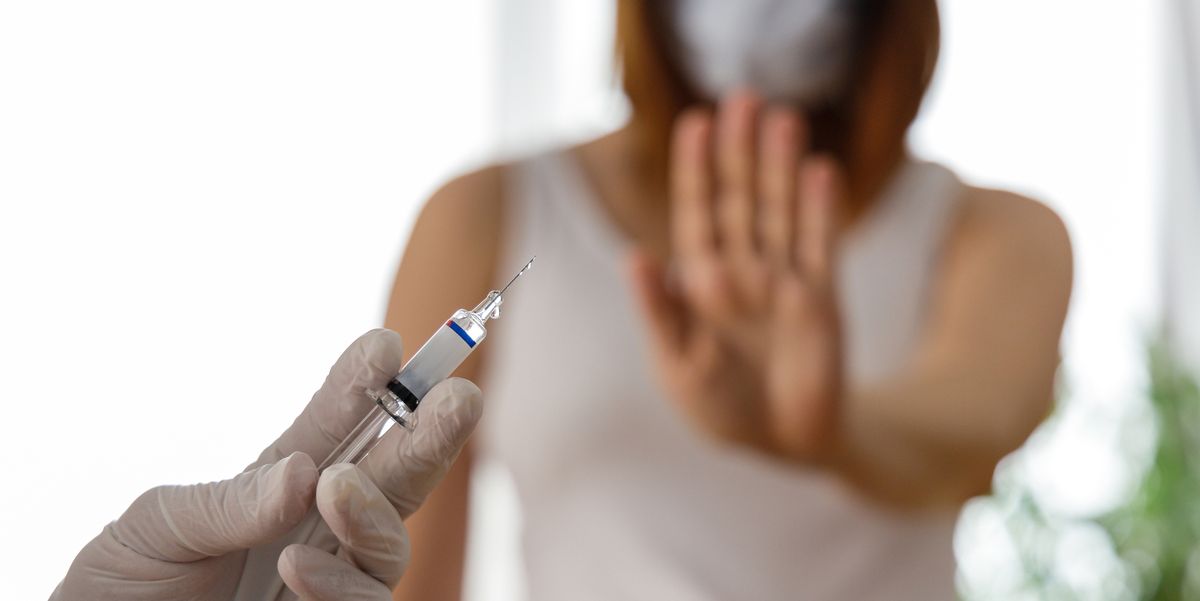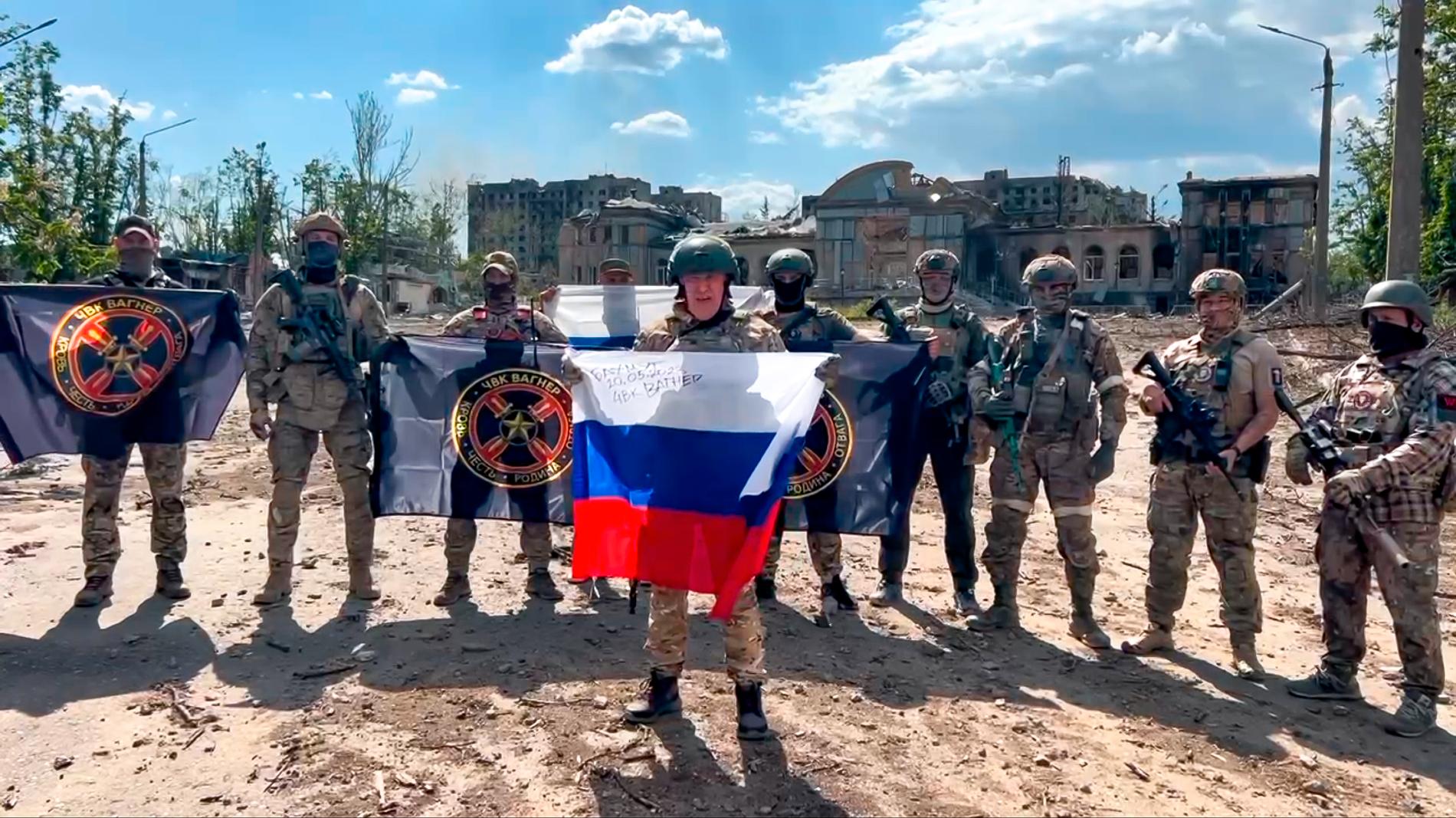In 2008, the HPV vaccination was included in the National vaccination program. In March 2009, the catch-up campaign against the HPV virus started. All girls aged 13 to 16 were called up for a vaccination. However, this campaign did not go as planned. There was a lot of fuss and even it program Zembla called the vaccination ‘a controversial cancer vaccine’. Why did that campaign fail? And why does there seem to be much less fuss with the current vaccination campaign?
Why was there such a fuss about the first HPV vaccination campaign?
Roel Coutinho was director of the Center for Infectious Disease Control RIVM at the time of the first vaccination campaign against HPV and professor of epidemiology and control of infectious diseases at the universities of Utrecht and Amsterdam. ‘When we started the HPV campaign with RIVM, we had approached this in the same way as we always did with vaccination campaigns. We therefore assumed that at least 70 percent would come for a vaccination, we even hoped for more than 80 percent. Yet this turned out completely differently.’
This went wrong in the first campaign
“We completely underestimated the situation,” said Coutinho. ‘A lot of resistance came via the internet. Parents of girls all saw stories online that the vaccination would be very dangerous and believed this. At RIVM we had no experience with this at all. There was a communications department, but it was not able to cope with the amount of negative messages and the speed with which these messages were spread. There was also no experience with social media.’ Because of the confusion, parents started looking for information on the internet themselves. They came across the most horrible stories there: the vaccine would contain poison and it could make you bald. Videos on Youtube showed paralyzed girls, which would be due to the vaccination. In the end, only 50 percent of the girls were vaccinated. ‘It is of course not wrong at all that people read themselves,’ says Coutinho, ‘but it is difficult for many people to determine which sources are reliable and which are not. And this information was absolutely not true.’
Coutinho admits that he did not handle some situations well. ‘Once I was full of annoyance on a television program and then I called the negative stories that circulated about the vaccination ‘Indian stories’. This was stupid, of course, because it put the people who told these stories in a bad light, which made the fuss even bigger. Confidence in the vaccination proved difficult to restore. Then I learned that I had to take all arguments seriously, no matter how wonderful they are in my eyes.’
Was the vaccination campaign an experiment?
But if these “Indian stories” turned out to be untrue, why did people doubt the vaccination? Heleen van Beekhuizen, gynecologist oncologist and co-founder of the Taskforce HPV-kankervrij.nl, says that in 2008 nothing could be said about the effectiveness of the vaccination. ‘The latest studies show that we can prevent 90 percent of all HPV-related cervical cancers through the vaccinations. The campaign at the time was certainly not an experiment, we just didn’t know exactly how long the vaccination would be effective for.’ Coutinho adds that it could be said that the vaccination prevented infection with the most important carcinogenic HPV viruses and the precancerous stages of cervical cancer. ‘That was convincingly demonstrated.’
What is the difference with the current campaign?
It has now been shown that the vaccination protects for more than ten years. ‘In the current campaign, girls are therefore vaccinated at a younger age, namely in the year they turn ten,’ says Van Beekhuizen. “It’s no longer a virgin jab, as the vaccination was also called.” According to Coutinho, this decision could not yet be made in 2009. ‘It was difficult for parents to make the choice for the HPV vaccination because of the link with their child’s sexual activity, and we also underestimated this enormously. Thirteen to fourteen years is a vulnerable age in that respect. We did not yet know how long the vaccination would work, so we could not change this age. Because the vaccination is now disconnected from sexuality, acceptance is also greater.’
Since then, a lot of scientific research has been done. This has shown that the vaccination has no serious side effects. The stories that girls suffered from extreme fatigue have been debunked one is It has been investigated that you cannot become infertile from the vaccination. Van Beekhuizen confirms this: ‘The vaccination does not make you infertile. Cervical cancer can make you infertile.’
What is the future of HPV in the Netherlands?
Coutinho says that confidence in the vaccination has now increased, as a result of which the vaccination rate has increased. In 2022, the vaccination rate was 66.4 percent. ‘Although the time around the first vaccination campaign was a very unpleasant period, we really learned from it and this was very useful.’ The goal of Van Beekhuizen’s Task Force is to achieve a vaccination rate of 90% by 2025. However, she has her doubts whether this will work. ‘The HPV virus will never disappear, because the virus has many types. But we can make the HPV types that cause cancer disappear with the vaccination.’
The choice whether or not to get an HPV vaccination is entirely up to you. To prik or not to prik? Hopefully, this information has helped you answer that question. At Women’s Health we do not give advice and we only provide you with information. If you have a question about your personal situation, please consult a doctor. For the most recent developments in the field of HPV, you can visit the site of the RIVM.
Already follow up on your Women’s Health Facebook, Instagram in TikTok?
2023-05-24 14:51:05
#fuss #HPV #vaccination #campaign

:strip_icc():format(png)/kly-media-production/medias/4438823/original/057172100_1684903231-Screenshot_2023-05-24_105029.jpg)
